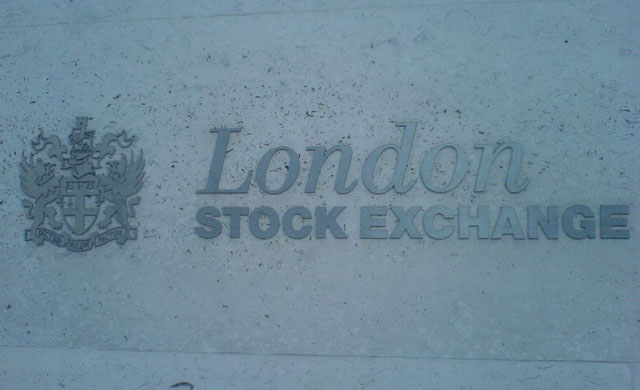I thought it was too early for the Fed to turn dovish, stock markets have been rising so much since 2020 that the Fed will use this opportunity to activate tapering and rate hikes. Fed members know that raising rates and stopping or reducing QE will have a negative impact on stocks, this action must be taken when the markets are near the highs.

In yesterday’s FOMC statement the Fed said QE will end in March, then they will hike rates, then they will do quantitative tightening (QT). All this is bearish for markets. I think the Fed will turn dovish when the S&P 500 is down 20% or more, a decline of 10% is not enough to turn dovish. However, the Fed has lost control, rates have been near zero for too long, too much QE, now inflation. Even if the Fed turns dovish markets could still go down. Now we have the proof that this experiment (QE) is backfiring, so next time the S&P 500 is down 20% how will they save the markets? Will they do QE again?
Chances are Quantitative tightening will never happen, if the S&P 500 can go down 10% on talks of tapering, what will happen when they do QT? The markets could go down 40% or 50%, who knows. It is not clear what the Fed will do in this situation.

Right now the fear of higher rates and QT is sending stocks lower, at the same time the 10Y yield and the Dollar are rallying. The FTSE 100 is stronger than S&P 500 because yields are rising, value stocks are doing better than tech stocks. But the end of the bull market was written on the Elliott wave pattern. When a market rallies in five overlapping waves within two converging trendlines, it is a bearish development, a pattern called rising wedge. A rising wedge [A,B,C,D,E] has been in progress on the FTSE 100 since the 2020 low. The high so far is 7619. There is no reason to conclude 7619 is the top, rising yields could push the FTSE 100 above that level before the trend turned down. Alternatively the trend has already turned down. In any case the correction will be substantial, the index will retrace a large portion of the advance since 2020.
Thierry Laduguie is Market Analyst at www.e-yield.com


 Hot Features
Hot Features











